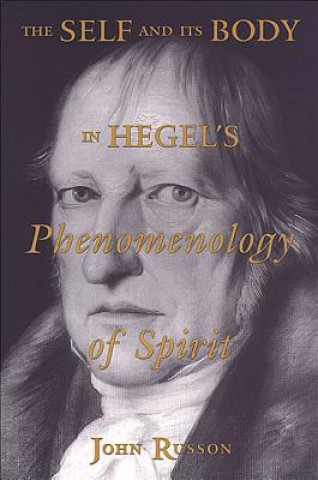
Kod: 04710487
Self and its Body in Hegel's Phenomenology of Spirit
Autor John Russon
A major criticism of Hegel's philosophy is that it fails to comprehend the experience of the body. In this book, John Russon shows that there is in fact a philosophy of embodiment implicit in Hegel's Phenomenology of Spirit. Russo ... więcej
- Język:
 Angielski
Angielski - Oprawa: Twarda
- Liczba stron: 216
Wydawca: University Of Toronto Press, 1997
- Więcej informacji o książce

103.11 €
Zwykle: 103.11 €
Oszczędzasz 0 €
Dostępność:
50 % szansa Otrzymaliśmy informację, że książka może być ponownie dostępna. Na podstawie państwa zamówienia, postaramy się książkę sprowadzić w terminie do 6 tygodni. Gwarancja pełnego zwrotu pieniędzy, jeśli książka nie zostanie zabezpieczona.
Otrzymaliśmy informację, że książka może być ponownie dostępna. Na podstawie państwa zamówienia, postaramy się książkę sprowadzić w terminie do 6 tygodni. Gwarancja pełnego zwrotu pieniędzy, jeśli książka nie zostanie zabezpieczona.Przeszukamy cały świat
Zobacz książki o podobnej tematyce
-
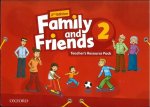
Family and Friends: Level 2: Teacher's Resource Pack
39.84 € -11 % -
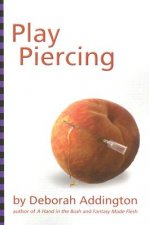
Play Piercing
12.20 € -18 % -

Environmental Chemistry
104.01 € -
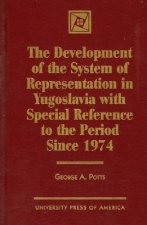
Development of the System of Representation in Yugoslavia
203.10 € -
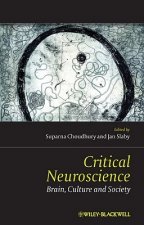
Critical Neuroscience - A Handbook of the Social and Cultural Contexts of Neuroscience
251.43 € -
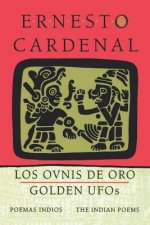
Golden UFOs: The Indian Poems
31.77 € -
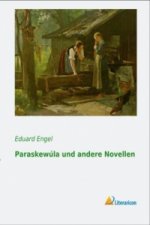
Paraskewúla und andere Novellen
36.21 € -9 %
Bon podarunkowy: Radość gwarantowana
- Podaruj bon o dowolnej wartości, a my się zajmiemy resztą.
- Bon podarunkowy dotyczy całej naszej oferty.
- Możesz wydrukować elektroniczny bon z e-maila a następnie przekazać go obdarowanemu.
- Ważność bonu wynosi 12 miesięcy od daty wystawienia.
Powiadomienie o dostępności
Wpisz swój adres e-mail, aby otrzymać od nas powiadomienie,
gdy książka będzie dostępna. Proste, prawda?
Więcej informacji o Self and its Body in Hegel's Phenomenology of Spirit
Za ten zakup dostaniesz 259 punkty
 Opis
Opis
A major criticism of Hegel's philosophy is that it fails to comprehend the experience of the body. In this book, John Russon shows that there is in fact a philosophy of embodiment implicit in Hegel's Phenomenology of Spirit. Russon argues that Hegel has not only taken account of the body, but has done so in a way that integrates both modern work on embodiment and the approach to the body found in ancient Greek philosophy.Although Russon approaches Hegel's Phenomenology from a contemporary standpoint, he places both this standpoint and Hegel's work within a classical tradition. Using the Aristotelian terms of 'nature' and 'habit,' Russon refers to the classical distinction between biological nature and a cultural 'second nature.' It is this second nature that constitutes, in Russon's reading of Hegel, the true embodiment of human intersubjectivity. The development of spirit, as mapped out by Hegel, is interpreted here as a process by which the self establishes for itself an embodiment in a set of social and political institutions in which it can recognize and satisfy its rational needs. Russon concludes by arguing that self-expression and self-interpretation are the ultimate needs of the human spirit, and that it is the degree to which these needs are satisfied that is the ultimate measure of the adequacy of the institutions that embody human life.This link with classicism - in itself a serious contribution to the history of philosophy -provides an excellent point of access into the Hegelian system. Russon's work, which will prove interesting reading for any Hegel scholar, provides a solid and reliable introduction to the study of Hegel.
 Szczegóły książki
Szczegóły książki
Kategoria Książki po angielsku Humanities Philosophy History of Western philosophy
103.11 €
- Pełny tytuł: Self and its Body in Hegel's Phenomenology of Spirit
- Autor: John Russon
- Język:
 Angielski
Angielski - Oprawa: Twarda
- Liczba stron: 216
- EAN: 9780802009197
- ISBN: 0802009190
- ID: 04710487
- Wydawca: University Of Toronto Press
- Waga: 465 g
- Wymiary: 235 × 160 × 21 mm
- Data wydania: 21. August 1997
Ulubione w innej kategorii
-

Meditations
8.97 € -24 % -

Aphorisms on Love and Hate
3.93 € -15 % -

The Myth of Sisyphus
8.06 € -

Why I Am so Clever
3.93 € -15 % -

Meditations
16.03 € -16 % -

Discourses and Selected Writings
10.58 € -26 % -

Twilight of the Idols with The Antichrist and Ecce Homo
5.44 € -26 % -

Phenomenology of Spirit
37.32 € -5 % -
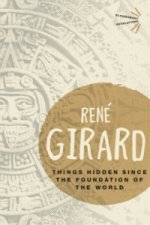
Things Hidden Since the Foundation of the World
31.17 € -6 % -

Gay Science
12.50 € -22 % -
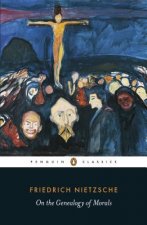
On the Genealogy of Morals
11.09 € -16 % -
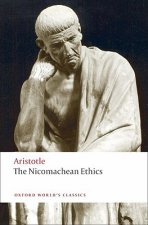
Nicomachean Ethics
10.99 € -4 % -
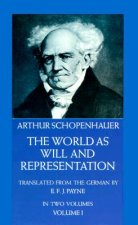
World as Will and Representation, Vol. 1
25.42 € -11 % -
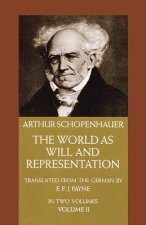
World as Will and Representation, Vol. 2
25.92 € -15 % -

On the Shortness of Life
8.57 € -21 % -

Think
12.30 € -28 % -
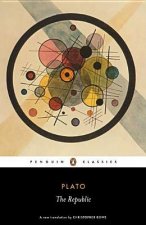
Republic
12.10 € -15 % -
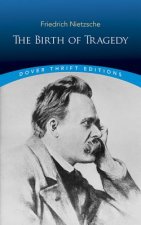
Birth of Tragedy
3.82 € -17 % -
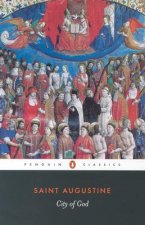
City of God
19.06 € -
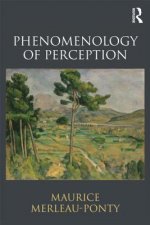
Phenomenology of Perception
42.67 € -1 % -
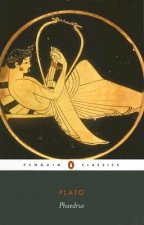
Phaedrus
9.78 € -26 % -
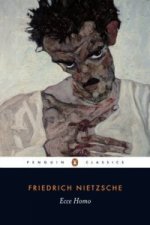
Ecce Homo
9.27 € -28 % -
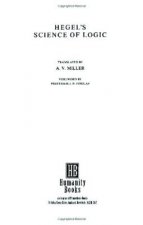
Hegel's Science of Logic
40.55 € -12 % -

Companion to Mill
217.83 € -
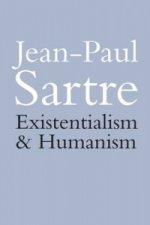
Existentialism and Humanism
12.30 € -14 % -
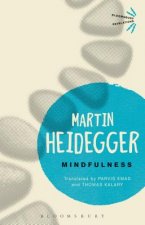
Mindfulness
36.51 € -
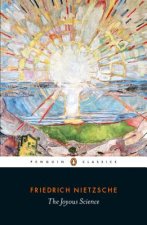
Joyous Science
11.29 € -28 % -
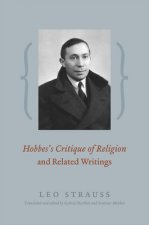
Hobbes's Critique of Religion and Related Writings
47.11 € -
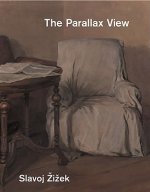
Parallax View
29.15 € -

Letters from a Stoic
12.30 € -14 % -

The Symposium
9.27 € -24 % -

Beyond Good and Evil
9.27 € -34 % -
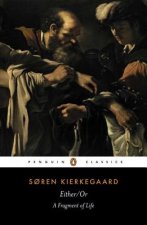
Either/Or
19.36 € -

Nausea
11.09 € -22 % -

Meditations
20.17 € -19 % -

Simulacra and Simulation
23.30 € -
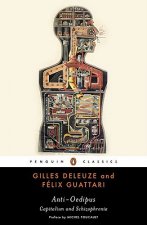
Anti-Oedipus
19.56 € -18 % -

Ride the Tiger
20.88 € -19 % -
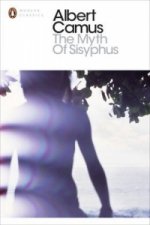
Myth of Sisyphus
11.09 € -22 % -

Human, All Too Human & Beyond Good and Evil
5.84 € -20 % -
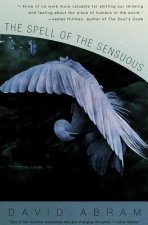
Spell of the Sensuous
17.14 € -14 % -
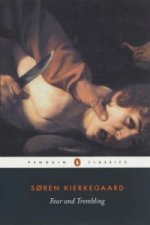
Fear and Trembling
11.09 € -22 % -
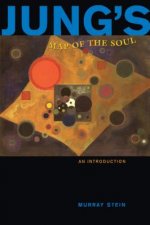
Jung's Map of the Soul
24.81 € -19 % -
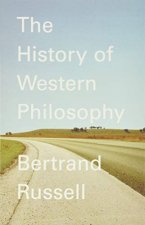
History of Western Philosophy
24.31 € -21 % -

Republic
11.90 € -16 % -

Existentialism Is a Humanism
8.97 € -19 % -

Thus Spoke Zarathustra
9.37 € -29 % -
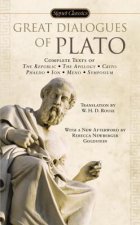
Great Dialogues Of Plato
8.47 € -
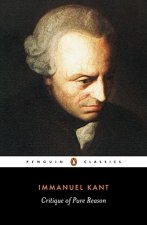
Critique of Pure Reason
17.85 € -22 %
Osobní odběr Bratislava a 2642 dalších
Copyright ©2008-24 najlacnejsie-knihy.sk Wszelkie prawa zastrzeżonePrywatnieCookies


 Vrácení do měsíce
Vrácení do měsíce Zdarma od 49.99 €
Zdarma od 49.99 € 02/210 210 99 (8-15.30h)
02/210 210 99 (8-15.30h)